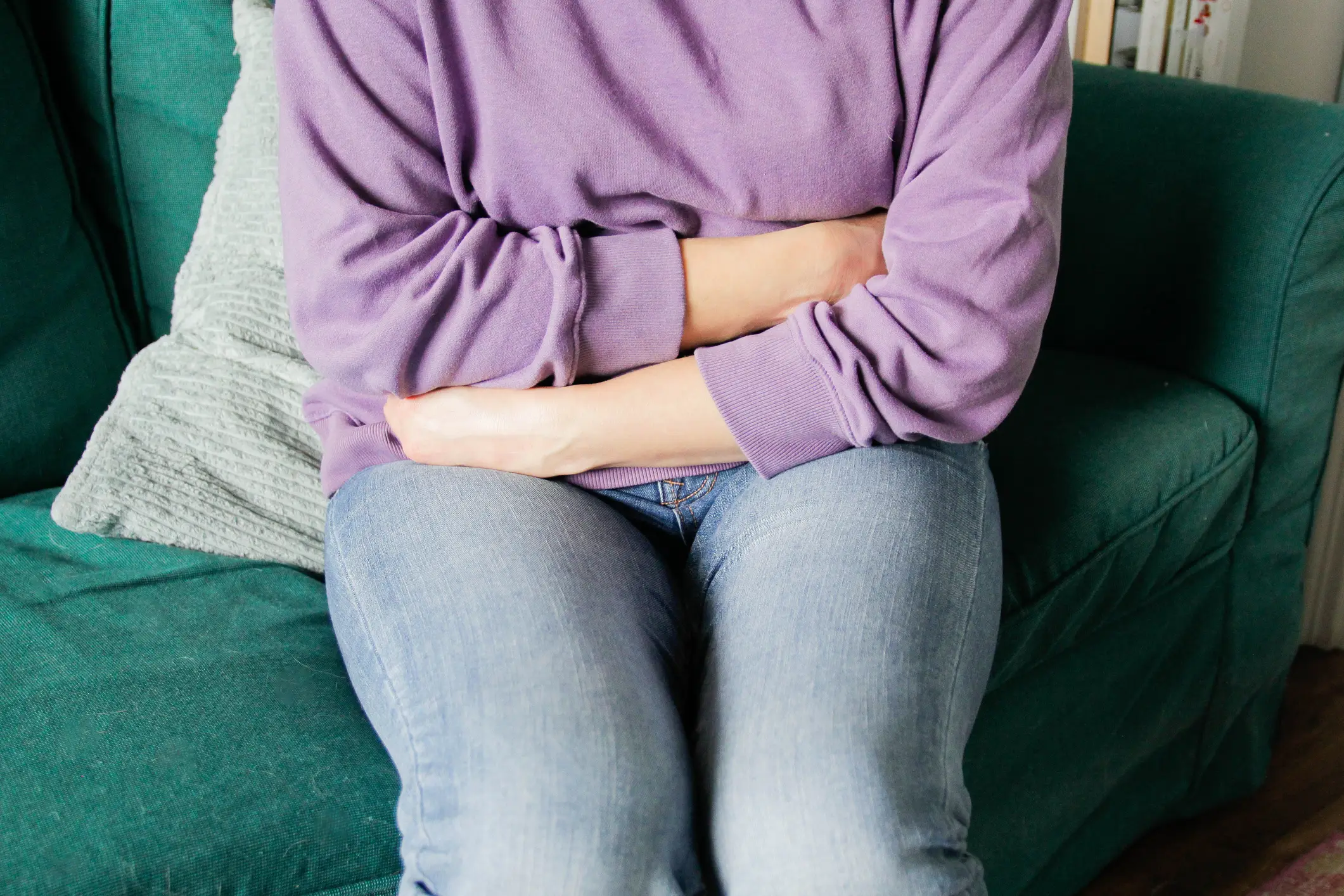
Do you do things in your life or have challenges that you think you’re on your own with? Well, it could be ADHD instead.
Attention Deficit Hyperactivity disorder (ADHD) has seen a rise in diagnoses over the years, with 2025 statistics from ADHD UK saying that 1 in 19 adults in the UK have a diagnosis.
Like with any neurodivergent condition, symptoms of ADHD can vary in extremity so they can sometimes be overlooked - and especially if you are a woman.
Similarly to Autism Spectrum Disorder (ASD), which is currently seeing the same increase in diagnosis in adulthood, ADHD is now being shared in a more mainstream way, and this allows people to recognise that perhaps they too have been living life without the support they need.
Advert
So if you’re wondering whether you or someone you know might have ADHD, Dr Ali Ajaz, a psychiatrist in the UK, has shared the three common symptoms of ADHD on Instagram.

Procrastination
Dr Ajaz shared that ‘just not being able to get stuff’ is a common issue in those who have ADHD. According to the NHS, struggling to prioritise your time is one of the main symptoms of ADHD, as those with the condition may put off taking on or completing a task, especially if it's not an enjoyable one, like paying bills.
He shared: "People with ADHD struggle to get the day-to-day mundane things completed, like tidying, your room washing, the dishes, paying the bills-they get put off again and again, and again.”
But it’s not just the mundane that people struggle with- it’s the ‘big life deadlines’ too, as he explained: “It’s not until the 11th hour when that voice in your head goes into panic mode that they take action.”
Depression and Anxiety

The doc went on to say that mental health issues are also commonplace in people with ADHD, telling his viewers that ‘if you're an adult with undiagnosed ADHD, generally, life sucks’.
According to Mind, mental health conditions like anxiety and depression are more common with those who have ADHD.
Dr Ajaz goes on to say that because everything is seems to be too much, you may end up beating yourself up ‘more than others’ and that your ‘mood and emotions can be all over the place’.
He shared that you are aware that there’s something ‘wrong’ with your brain but you don’t know what it is, and that you know you’re different from other people.
If you are still undiagnosed, then years without treatment or a diagnosis could lead to the diagnosis of depression or anxiety or both.
Gut Problems

There’s nothing quite like running to the bathroom after eating a seemingly harmless meal, and then crouching over in pain as those stomach cramps hit- but that’s what a lot of people with ADHD have in common.
According to the psychiatrist, ‘chronic gut symptoms’ like IBS, or ‘bloating, constipation, gas, diarrhoea, pain and cramps’ is something that you’ll experience.
He explained that this, when in relation to ADHD, is all about the ‘gut brain axis’.
He shared that it’s a ‘very special relationship when the brain is inflamed and on fire’ (something that is common with ADHD) and then with the gut also being inflamed, you’ve got yourself a terrible pairing.
For him, ‘the gut is the main source of inflammation in the body and therefore it takes a real priority in my treatment plans for ADHD’, because he sees it so often in his patients.
How to get a ADHD diagnosis
If you fall under any of these symptoms, or any others present in ADHD, then you'll need to consult your GP, who will then place you on a waiting list for an initial assessment with a specialist.
If your initial assessment indicates the possibility of an ADHD diagnosis, then you'll be given a follow-up appointment which can last up to 90 minutes, and will require a parent or a partner present to offer further insight into your childhood and day-to-day life.
If you receive a diagnosis, then you'll have a few sessions with the specialist to navigate treatments, like stimulant medications, for example.
Topics: Mental Health, Health, Social Media
